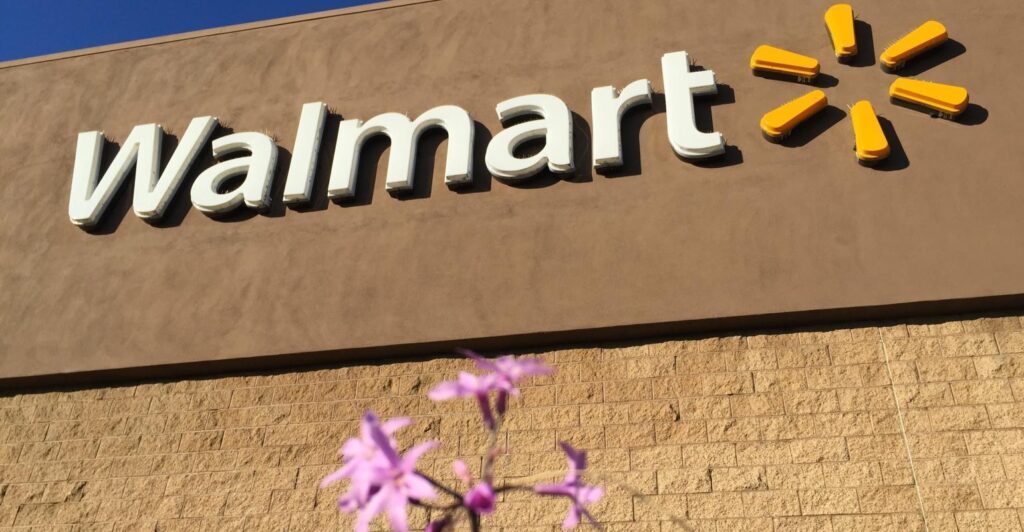Walmart said it has removed self-checkout lanes at two additional stores — one in Shrewsbury, Mo., and another in Cleveland.
“As part of our announced plans for additional investments and improvements to facilities across the country, we’ve decided to remove self-checkout lanes and replace them with staffed lanes at select locations,” Brian K. Little, a spokesperson for Walmart, told Supermarket News.
The decision was based on several factors, including feedback from employees and customers, shopping patterns, and business needs in the area, he said.
“We believe the changes will improve the in-store shopping experience and give our associates the chance to provide more personalized and efficient service,” Little said.
Last year Walmart said it had removed self-checkout from three stores in Albuquerque.
The company has previously stated that it has no plans for the widespread removal of the service, and Little said the company had no additional news to report about changes in its checkout lanes.
Earlier this year Dollar General said it was removing self-checkout from 300 stores, and scaling it back at other locations, due in part to high levels of theft. Customers are now limited to a maximum of five items in the self-checkout lanes.
Target and Schnucks also both recently said they had changed their self-checkout policies to a maximum of 10 items per customer. Kroger also recently added traditional checkout lanes at a store in Dallas where it had been offering self-checkout exclusively, according to local reports.
Costco, meanwhile, said it added more personnel to its self-checkout areas after discovering that non-members were using the self-checkouts using the membership cards of other individuals.
Although many consumers — especially young shoppers and those making relatively small purchases — continue to gravitate toward self-checkout, a Drexel University study published in the Journal of Business Research in January found that customers tend to feel more rewarded when they go through a traditional, staffed checkout. They are also more likely to return to that store in the future, the research found.
These effects are reduced when customers have small basket sizes, or when stores communicate to them that self-checkout is a rewarding experience, the research found.


